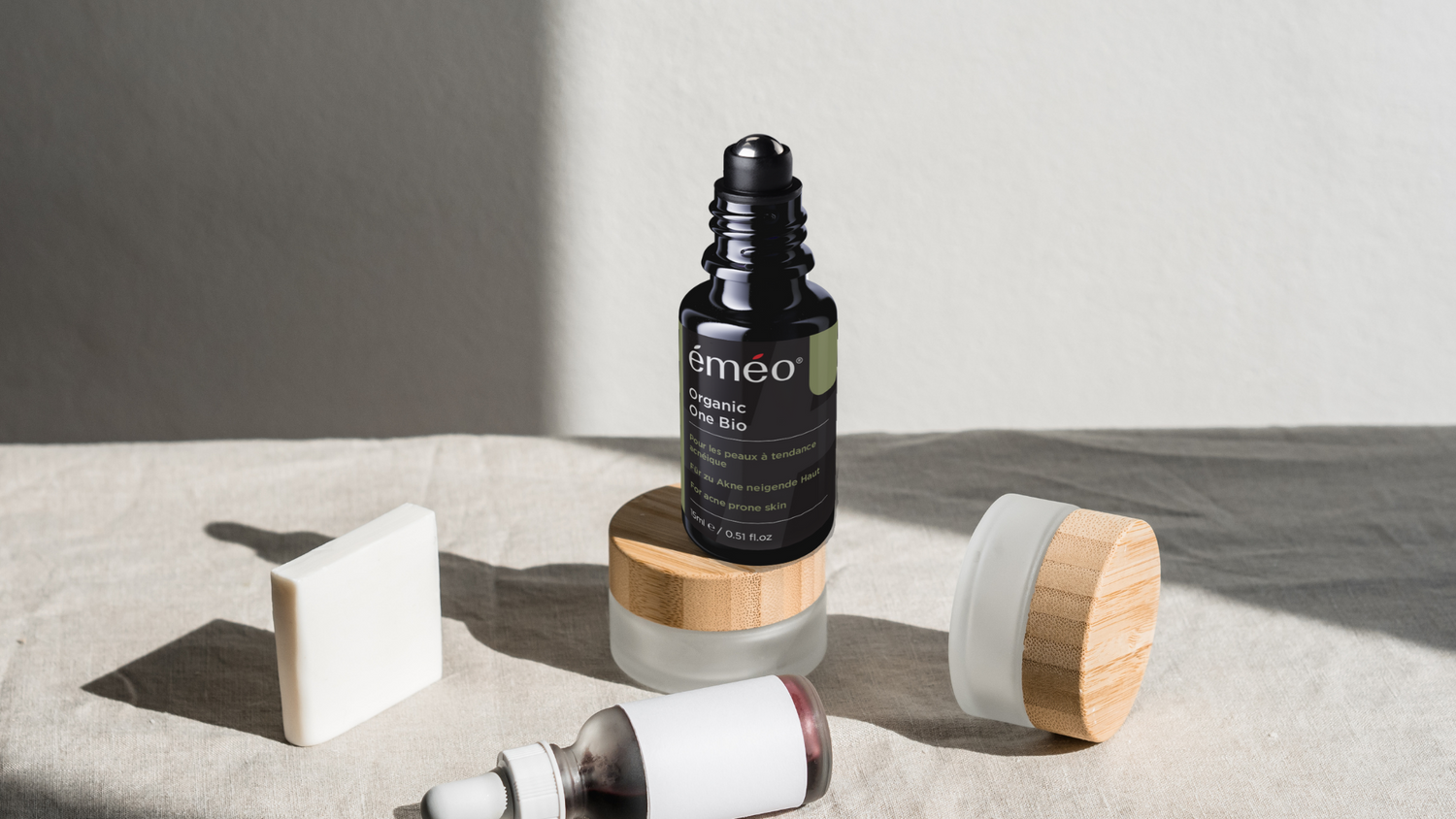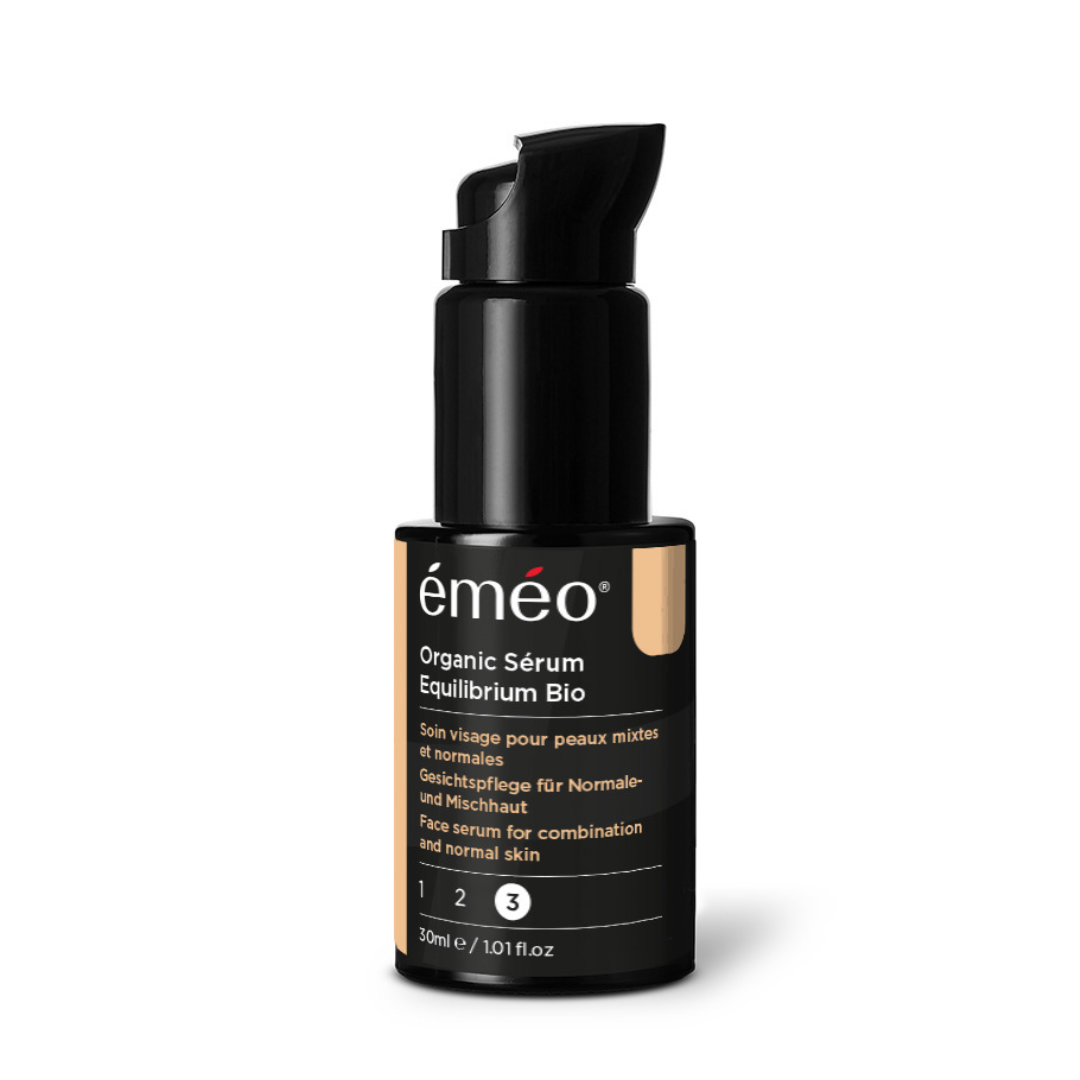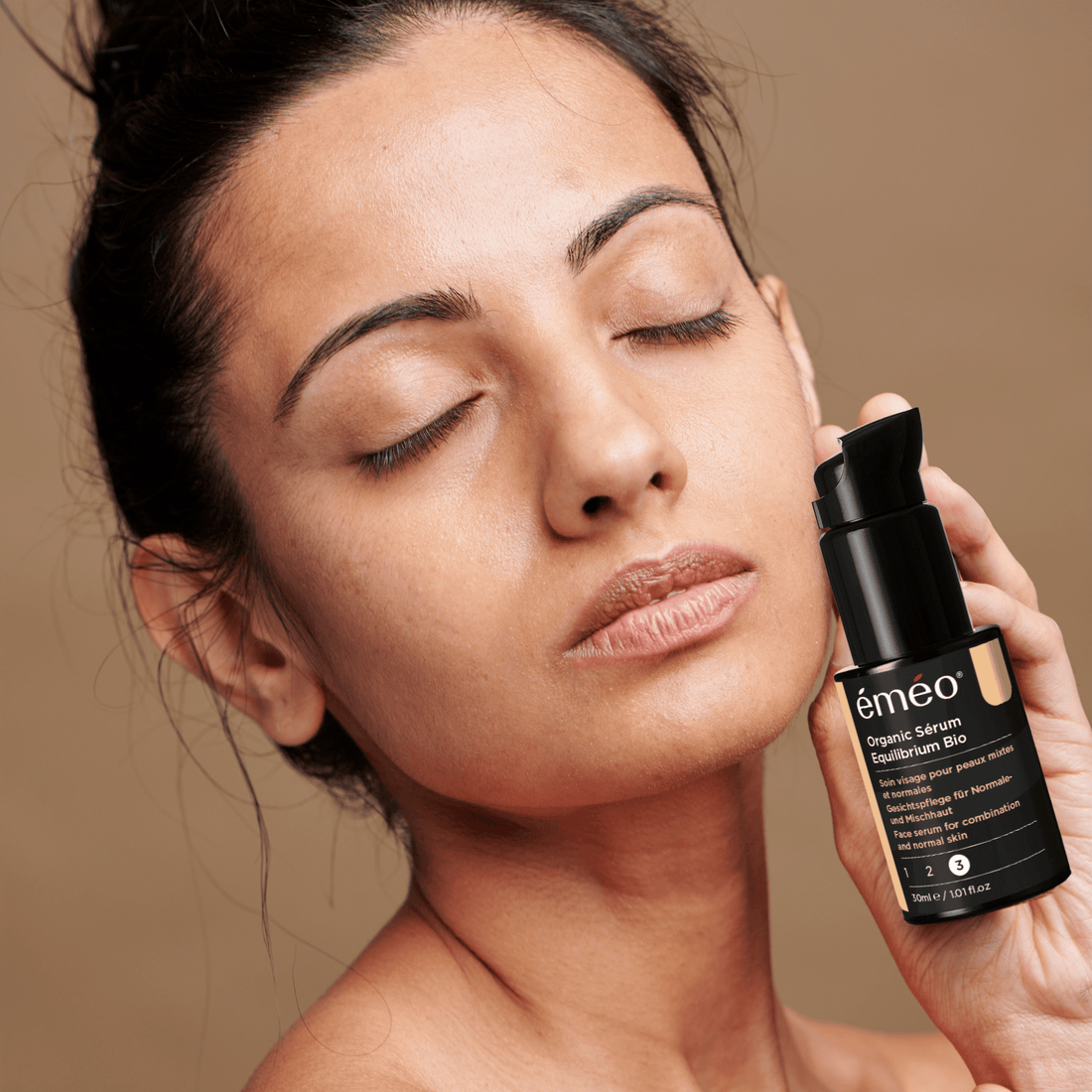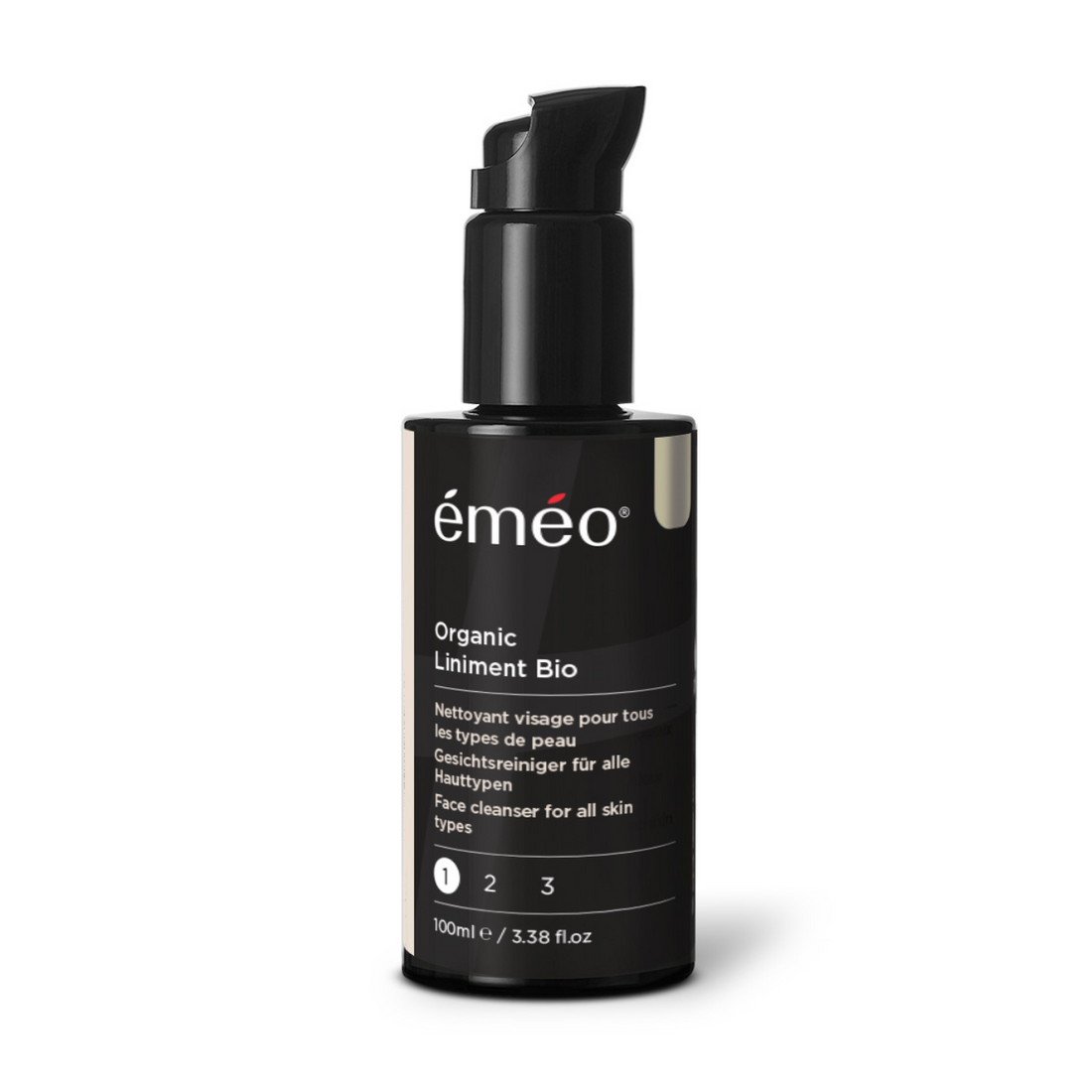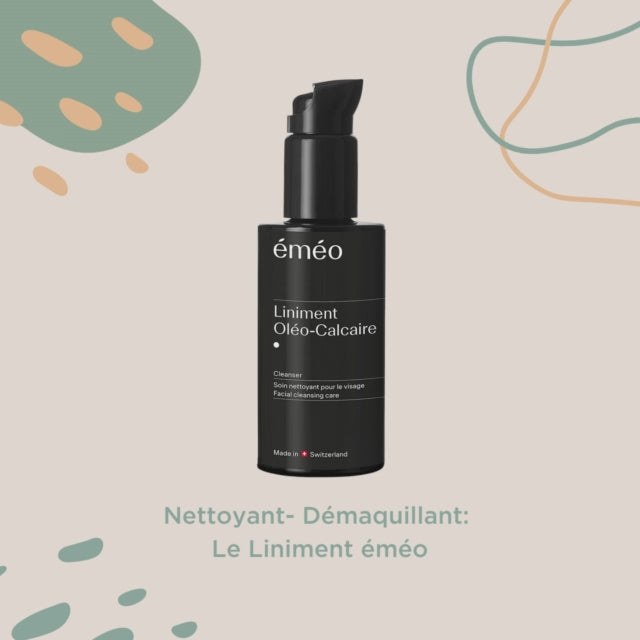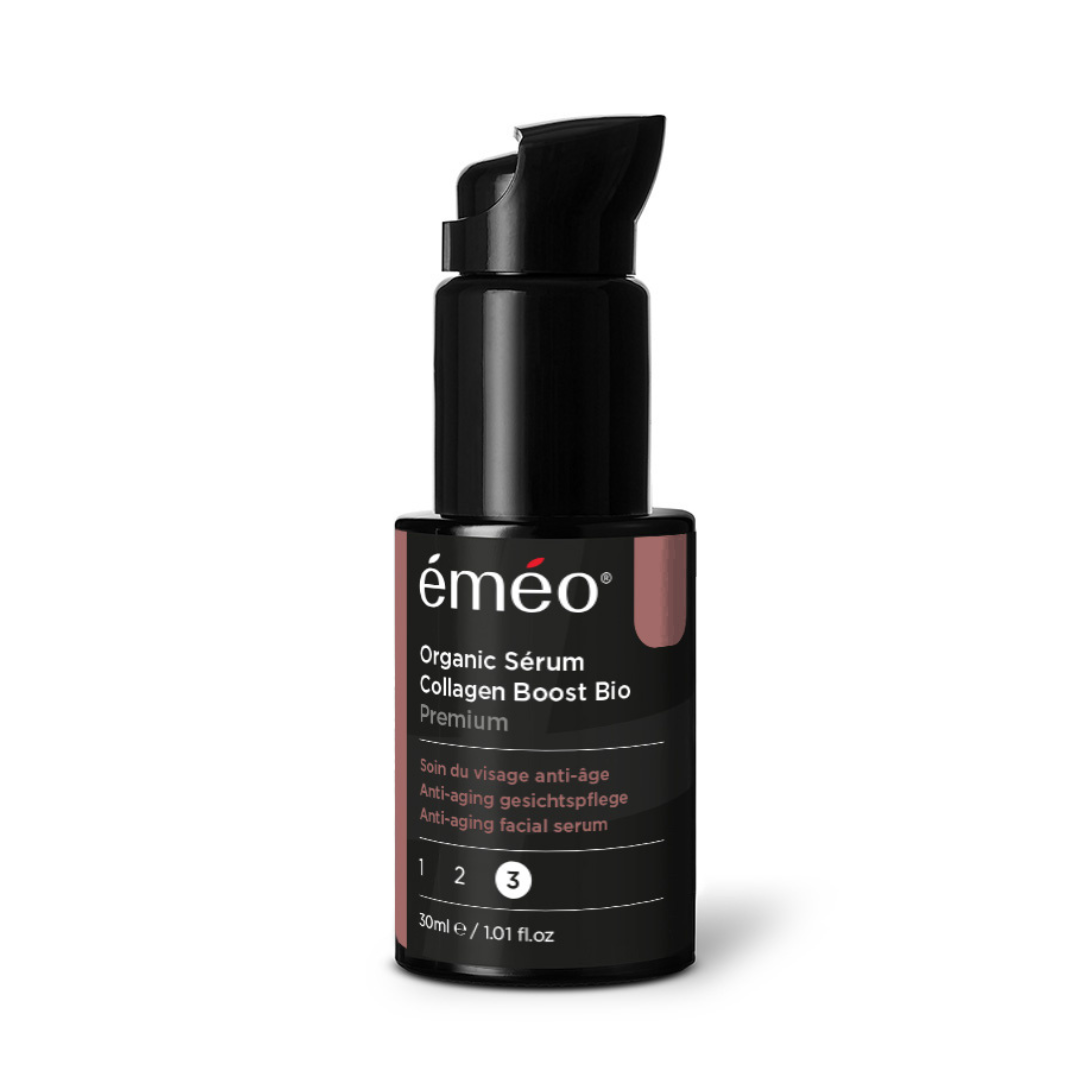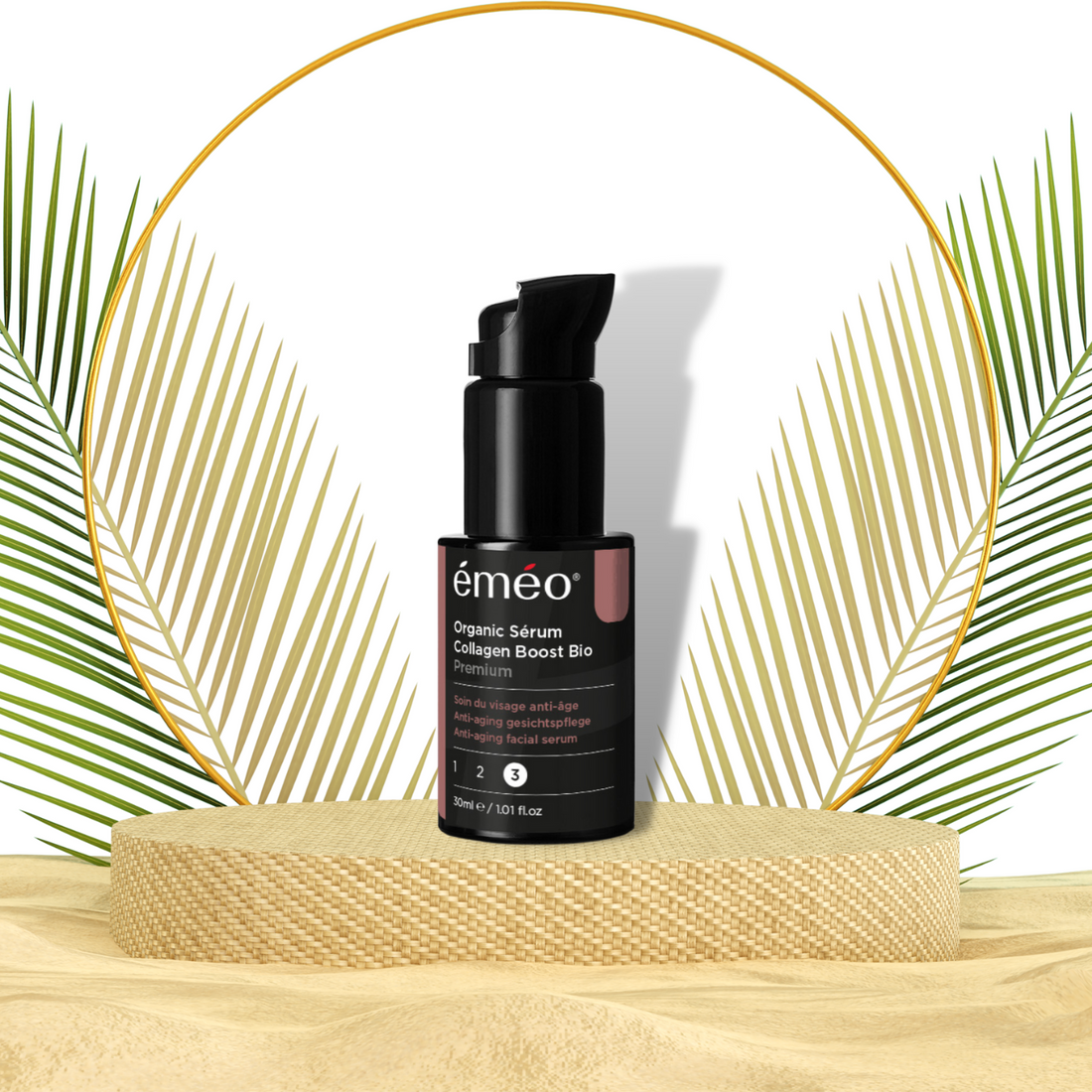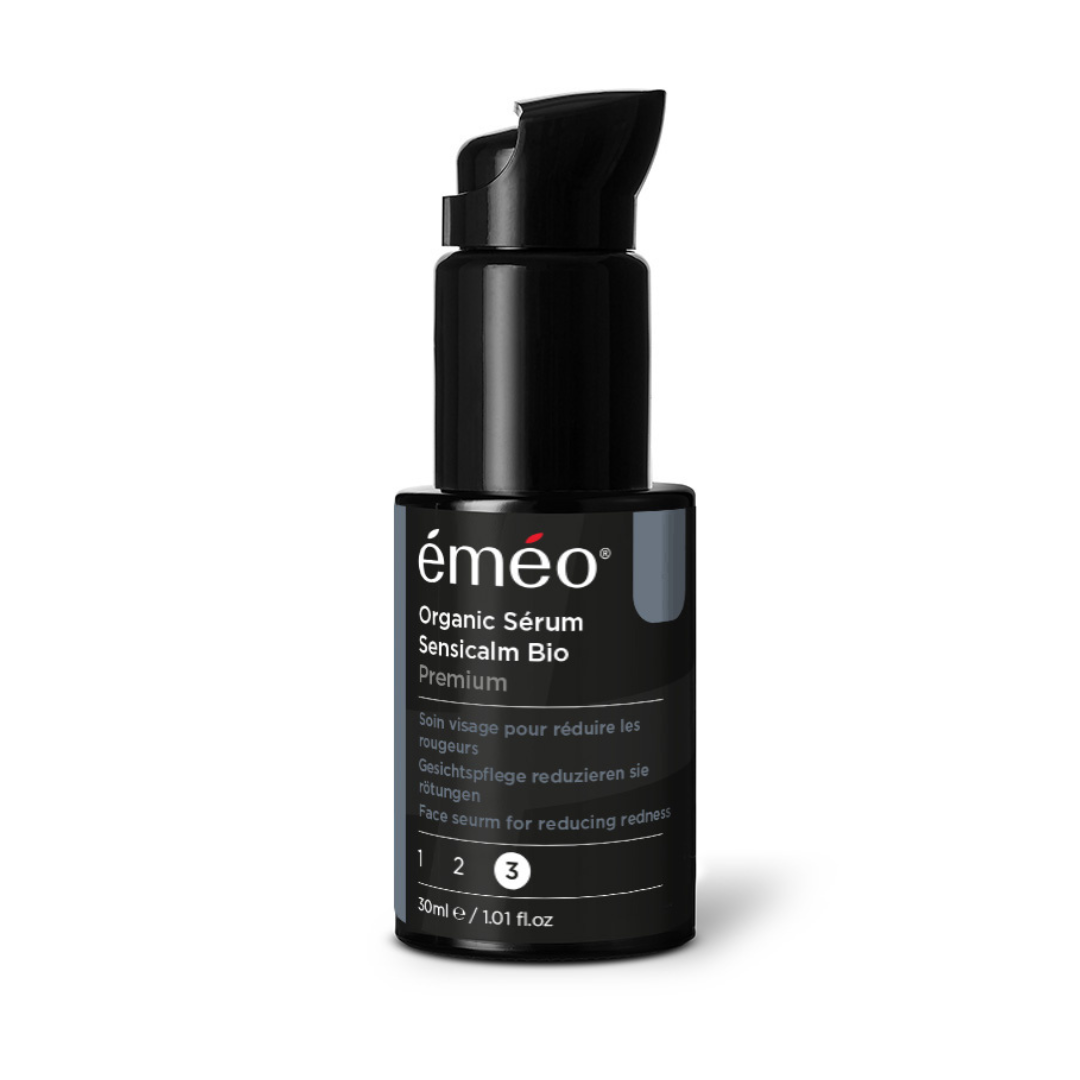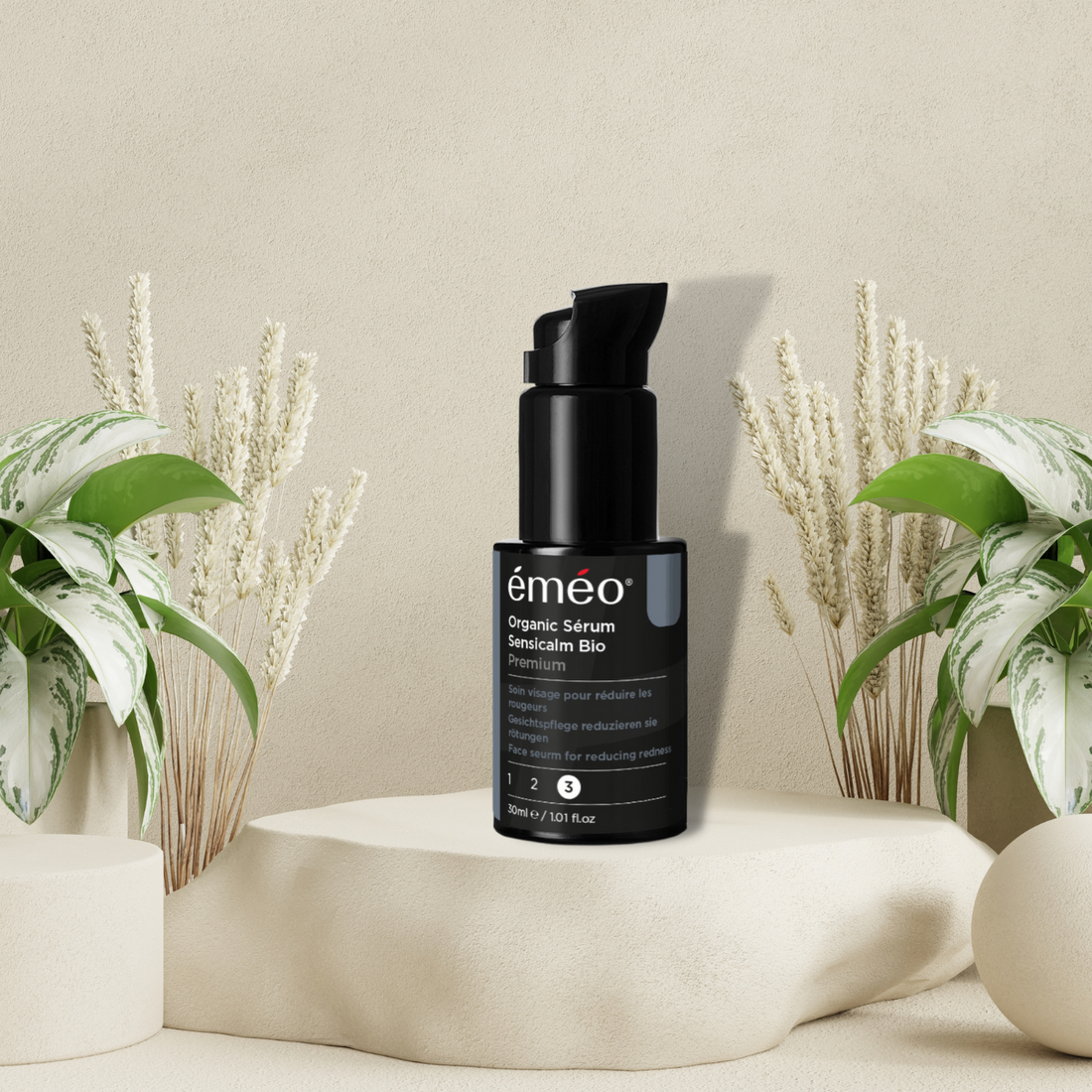When I decided to change my diet to adopt a ketogenic lifestyle and eliminate gluten, I noticed that my skin became clearer and had fewer blemishes.
However, in recent weeks, I must admit that I haven't been as strict with myself, and I consumed a lot of bread, pastries, and pasta. It quickly became evident that this diet didn't suit me, and I developed a form of gluten intolerance.
I experienced bloating, and my skin reacted with blemishes, almost triggering another episode of perioral dermatitis.
Fortunately, this situation quickly improved when I eliminated gluten and maintained my regular skincare routine using my emu oil liniment, hydro-floral toner, and Alpha Lift serum.
Gluten and Celiac Disease
Gluten is well-known for causing celiac disease, but can it cause other skin problems? Evidence linking gluten to various other abnormalities and diseases continues to accumulate, including those that affect your skin.
For some, gluten triggers an overreaction of the immune system, leading to inflammation and various allergic and immune reactions. Since these factors are also underlying many skin conditions, it's not surprising that the link is strong.
Let's take a closer look at some of the skin conditions triggered by gluten.
Psoriasis and Gluten
Psoriasis is an autoimmune skin condition associated with chronic inflammation, causing red, rough, and scaly skin patches.
The link between psoriasis and celiac disease dates back to 1971 when scientists discovered intestinal inflammation in a small group of people with chronic psoriasis. While initially met with skepticism, recent research provides strong support for the idea that psoriasis is linked to gluten.
Scientists have also reported that psoriasis patients were almost 2.5 times more likely to have anti-gluten antibodies than those without psoriasis.
Therefore, the evidence linking gluten to psoriasis is robust. However, the exact mechanism by which gluten consumption leads to psoriasis is not fully understood and may involve a combination of factors.
In any case, evidence suggests that a gluten-free diet is an effective treatment for some psoriasis patients, especially those who test positive for anti-gluten antibodies.
In one study, 33 psoriasis patients with anti-gluten antibodies followed a gluten-free diet for three months. 73% of these patients experienced a significant improvement, with their psoriatic plaques becoming smaller and less severe. Additionally, within this group, 82% had lower levels of anti-gluten antibodies after the 3-month period.
Eczema - Strong Links with Celiac Disease
Eczema, also known as atopic dermatitis (AD), is a chronic inflammatory skin condition that causes red, thick, and scaly skin patches. It's a common gluten allergy.
There are various speculations regarding the causes of AD, including genetics, environmental triggers, and autoimmunity. However, while further research is needed, there appears to be a link between gluten sensitivity and celiac disease.
In one study, scientists found that children with AD were four times more likely to be diagnosed with celiac disease than those without AD.
Food allergies have also been associated with AD, and wheat, which contains gluten, is one of the most common food allergens. Current evidence suggests that food allergies can exacerbate AD.
In a study, researchers surveyed 169 AD patients who had tried excluding certain foods and ingredients from their diet as a form of treatment. The most commonly excluded foods were white flour products, gluten, and certain vegetables (e.g., tomatoes, peppers, eggplants, etc.). Approximately 50% of those who eliminated these foods experienced significant improvement in their condition.
It's worth noting that around 80% of the participants also added more healthy foods to their diet, such as vegetables, fruits, and omega-3 fatty acids. Based on the results of the dietary modifications, 93% of the group believed that doctors should discuss nutrition when treating skin issues.
Rosacea and Your Gut Microbiome
Rosacea is an inflammatory skin condition that causes red skin patches on the face, more common in women.
Rosacea shares genes associated with other autoimmune conditions like celiac disease. Women with rosacea are twice as likely to develop celiac disease as the general population, and celiac disease patients are almost 1.5 times more likely to develop rosacea.
Other gastrointestinal conditions have also been linked to rosacea, including imbalances in the gut microbiome. Researchers hypothesize that an overgrowth of pathogenic bacteria in the gut may activate specific blood proteins that promote inflammation and lead to facial redness.
It's important to mention that numerous studies have shown that celiac disease patients tend to have imbalances in the gut microbiome, with more pathogenic gut bacteria than healthy individuals.
Acne, Gluten, and Diet
There is evidence suggesting that a gluten-free diet can help clear the skin. In a case study, a woman struggled with severe acne. She had tried antibiotics, topical treatments, and a steroid medication (corticosteroid). The steroid medication provided some relief but came with unpleasant side effects like anxiety and blood sugar imbalances.
This woman had also been prescribed proton pump inhibitors for acid reflux, experienced prolonged menstrual cycles, and took an iron supplement for anemia—all signs of possible celiac disease. Tests confirmed a vitamin D deficiency and the presence of anti-gluten antibodies.
Her doctor recommended a gluten-free diet and vitamin D supplementation. Initially, she didn't see improvement in her acne, but her acid reflux disappeared. She continued her diet, and after three months, her acne began to improve. Within eight months, her skin was completely clear, except for a few lingering scars.
Excess Carbohydrates and Skin Diseases
Most gluten-containing foods are rich in starch and rapidly digested sugars. Excessive consumption of these foods increases the risk of various diseases, including obesity, insulin resistance, and type 2 diabetes.
Some skin diseases associated with these conditions include:
- Acanthosis nigricans (dark patches in skin folds)
- Skin tags
- Keratosis pilaris
- Plantar hyperkeratosis (corns and calluses)
- Bacterial and yeast infections
- Stretch marks
In Summary
Can gluten cause skin problems? The undeniable link between gluten and many skin conditions means that you cannot ignore your diet when it comes to taking care of your skin.
Evidence suggests that gluten can trigger skin conditions such as psoriasis, eczema, rosacea, vitiligo, acne, and other skin issues. For some people, eliminating gluten from their diet has led to a significant improvement in their skin condition.
However, it's essential to note that the precise mechanisms of these reactions are not always fully understood, and results may vary from person to person.
Ultimately, your skin is an indicator of your overall health, and it's crucial to consider the impact of your diet on your skin's well-being. If you suspect that gluten is related to your skin issues, consult a healthcare professional to discuss your symptoms and the possibility of adopting a gluten-free diet while maintaining a balanced diet.
Additionally, choosing natural and organic skincare products like emu oil liniment can contribute to maintaining the health of your skin by supporting its protective barrier function.
So, it's a delicate balance between a natural skincare routine and a suitable diet.
Taking care of your overall health, including your skin, is an important step toward a healthy and balanced life.



